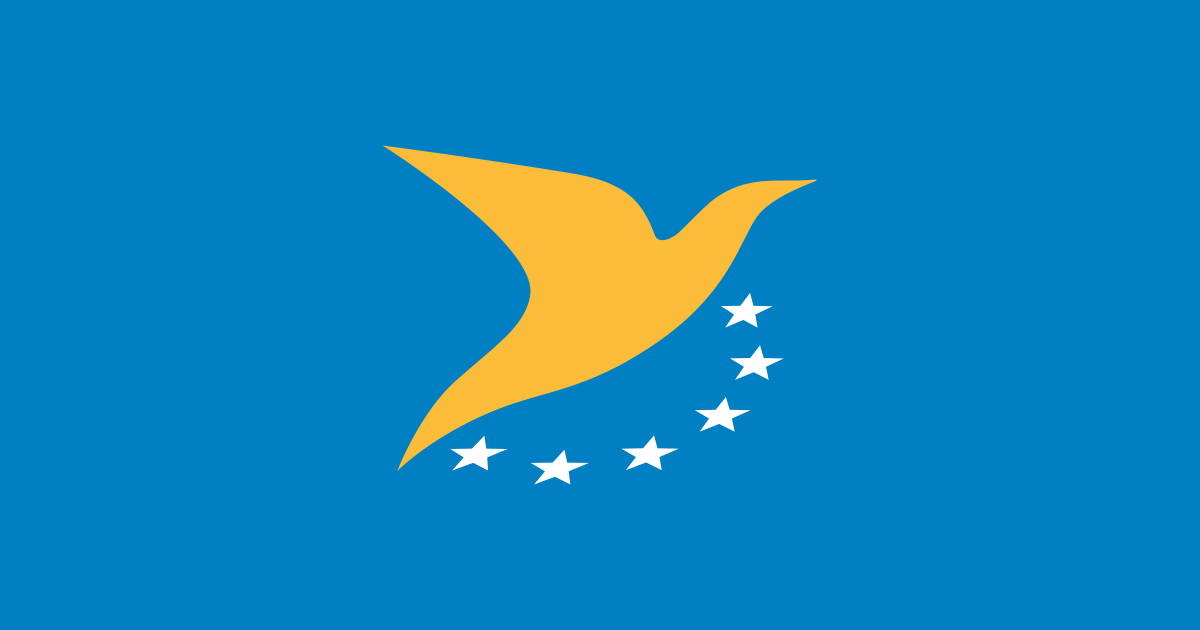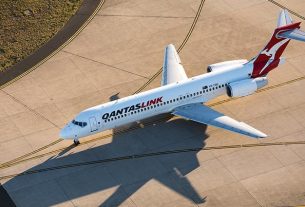COLOMBO, Sri Lanka, March 21, 2024 – The European Union Aviation Safety Agency (EASA), in cooperation with the Civil Aviation Authority of Sri Lanka (CAASL), organised the 8th edition of its International Cooperation Forum (ICF) in Colombo, Sri Lanka from 19 – 21 March, 2024.
More than 100 global aviation leaders from Africa, Asia, the Balkans, Latin America, the Middle East, representing authorities and Regional Safety Oversight Organisations (RSOOs), came together to exchange on how regional and technical cooperation can best contribute to a safer and greener aviation worldwide.
A rich array of high-ranking speakers discussed the latest developments in safety and environmental standards, shared best practices, and provided concrete examples of successful projects and cooperation with EASA as well as between regions and states. The broad portfolio of topics covered high-level issues such as maintaining a safe and secure aviation system, integrating future technologies safely, taking clear actions on society’s environmental expectations, and collaborating openly on future workforce challenges.
“It was inspiring to see so many exciting projects and activities taking place in countries from all regions of the world,” said Luc Tytgat, Acting Executive Director of EASA. “This type of global collaboration and technical cooperation helps authorities and RSOOs to develop new standards more quickly and in a more aligned way. This ensures that we can uphold public trust in aviation safety, which enables the continued growth of the aviation sector.“
Further panels and discussions took place on more specific topics including regional cooperation, effective safety promotion and communication, lessons learned from the implementation of EU rules, artificial intelligence (AI), and innovative aerial services.
EASA shared updates on a number of its major projects such as Data4Safety, ECCAIRS 2, eRules, International Cooperation, Rulemaking in Air Traffic Management, and Drones developments.
Some attendees shared experiences with implementing EU rules in their countries and regions. These included the Civil Aviation Safety Oversight Agency of the East African Community, the Aviation Administration of Kazakhstan, as well as the CAAs of Cameroon and Thailand.
Key Takeaways
The three-day Forum concluded with the following key takeaways:
- Aviation authorities should work together through forums such as the ICF to reduce the volume of rules (both at ICAO and State level), aiming to get closer to the front line of operations to continue to ensure a safe and secure aviation ecosystem.
- EASA should help other states to identify and manage security, cyber, and health risks as part of an Integrated Management System by developing a common framework that can be used as widely as possible.
- We should become more agile to close the gap between regulators and innovators, in order to integrate new technologies such as Drones, Innovative Air Mobility (IAM), and AI safely.
- The extended scope of the ICF will enable the whole aviation sector to work together so that we can meet society’s environmental expectations at a global level, for example through the implementation of sustainable aviation fuels (SAF) in the context of the ReFuel EU project, as well as through the offsetting projects Carbon Offsetting and Reduction Scheme for International Aviation (CORSIA) and the EU Emissions Trading Scheme (EU ETS).
- We should also recognise the need to tackle global staffing challenges ahead, reaching out to people at a much younger age, to promote careers in our industry and show positive role models for young people to aspire to.
- More and more authorities and RSOOs should cooperate at regional level to help address common challenges such as the lack of resources and increasing complexity of the aviation system.
- EASA should continue to facilitate the sharing of experiences with implementing EU rules in different countries and regions of the world.
- EASA, through its activities and the ICF in particular, provides an excellent platform for collaboration, particularly across regions, and EASA will continue to support such cooperation between now and the next ICF.
Colombo Declaration
Finally, the 8th EASA ICF was marked by the signing of the ‘Colombo Declaration’ by representatives of all South Asian partner States including Bangladesh, Bhutan, Maldives, India, Nepal, Pakistan, and Sri Lanka. The Colombo Declaration signifies a collective commitment to advancing aviation cooperation, innovation, and sustainability in the region, with the continued support of both the South Asia Regional Initiative (SARI) and the EU – South Asia Aviation Partnership Project II (EU-SA APP II). This declaration underscores the significance of strategic partnerships and collaborative efforts in driving forward aviation initiatives that will ensure the continuity and success of these essential projects in South Asia.



